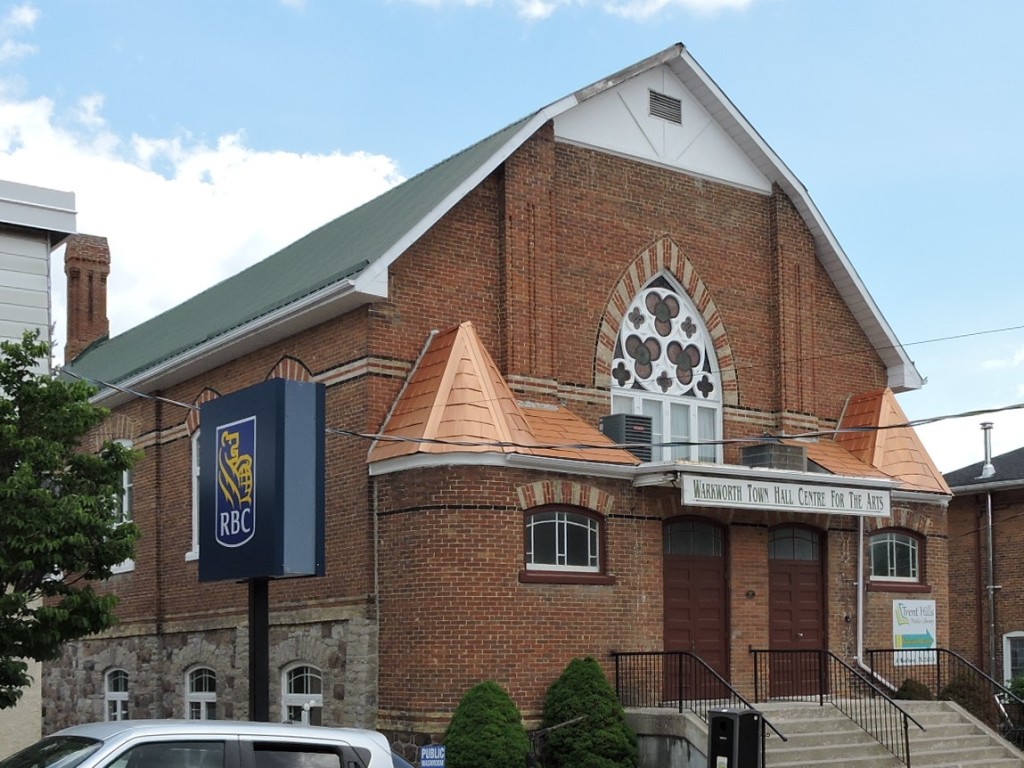Before I return to our immersion in ministry, let me focus briefly on family life and health issues. Besides caring for me with hepatitis, Mary Helen had to absorb most of the care for the children and be ready at a moment’s notice to offer hospitality to visitors, of which we had many. Life was very busy. I’ll let Mary Helen describe events during that first term from her perspective.
“Stephen celebrated his third birthday in the shaking house in RYK. I made a ‘Snoopy’ Dog cake for his birthday. I would make that same design for each one in the next few years–plus other designs I found in the Betty Crocker Cook Book.

We tried to make a big deal of birthdays. I remember once making a sailing ship cake for one of the kids. To keep it safe I put it in the doli, a little food cupboard on legs set in bowls full of water with screening around it to let air through. When I went to get the cake, it was covered in ants because we had neglected to fill the bowls under the legs with water to keep out insects. Grace Dixon, another of our missionaries, knew what to do. She put it out in the courtyard in the sun. The ants all fled quickly. No one knew the difference!
Once, Debbie had a very large boil that Eric and I had to lance and treat. Fortunately, there were no complications. Antibiotics could be bought in the bazaar, across the counter. Two or three times during those first few years, Stephen would mysteriously develop a very high fever. I knew that I had to keep it down, and that if it lasted for more than twenty-four hours, I better get on the train and take him to the hospital in Multan, 287 kms away, over four hours. We were driven to our knees each time to know what to do. It always left before the twenty-four-hour period elapsed! Each time our Heavenly Father assured us that we were not forsaken even though we lived in an isolated location.
Our kids loved it when Eric would take them for a bicycle ride in the late afternoons before supper. Once Debbie’s foot got caught in the spokes. Fortunately, we were able to treat that cut ourselves.
We tried to do the best we could to create fun for our kids. We’d schedule a day off every week—often interrupted. We’d have picnics out on the sand dunes or along a lonely stretch of canal. That was okay until we attracted visitors. Of course, shopping in the bazaar was always fun.”

Beyond the normal cares of family life, our main task remained language study. In Rahim, half-way between the major cities of Lahore and Karachi, we did not have formal tutors. But Pakistani friends more than made up for their absence. And as I, Eric, got more and more involved in church life the pastors were of immense help.

Church down in the plains was far different from the formal English services we had attended in the mountains. Church was held in a small mud-brick building or out in the country under a tree or in a courtyard. We all left our shoes at the edge of the rug, then joined either the men or the women who sat on separate sides of the congregation. As awkward foreigners it always took us quite a while to get used to sitting on a rug on the floor without kicking those nearby. An enthusiastic group of men kept the singing upbeat with tabla, a harmonium and various other instruments including water pots and tambourines.
Each of the pastors had unique personalities and quirks which were often the source of amusement among themselves and sometimes irritation for the missionary community. Padre Nawaz had quite a sense of humour, but exasperated the missionary community by continually agitating for help to purchase a cow. He developed elaborate schemes to show how a cow would enable him to become self-supporting by selling milk and butter. “Padre,” by the way, does not denote a military clergyman, but is the term that has been adopted in Pakistan for pastor.

The other workers teased Padre Sikhavat unmercifully about his Sikhavat soup. This stemmed from a curry he had served the team that was tasteless and watery. Probably, he didn’t have the money to make anything more substantial.
Padre Hidayat was the leading pastor. Before he was converted, Hidayat was a wild wheeler-dealer of a merchant. Most in Khanpur, where he lived, loved his extrovert personality and even tolerated his aggressive selling technique. Although a nominal Christian, he was secretary of the local store-keepers union. During those days he saw a lot of money slip through his fingers in wild living and hair-brained schemes. Nevertheless, he never had a problem making more money. Inside, however, he was miserable and made his family unhappy. He even counted money in his sleep. At first, he was totally opposed to the mission beginning ministry in the area through pioneer missionary Keith Jones and Merle Inniger. Then came the first area-wide Christian convention. Christ moved in his heart, transforming his life. Away went drink. Away went smoking. Gone were dishonest business practices such as bribery.

Before long, to the horror of friends and relatives, he gave up his shop and embarked on Christian ministry. After a year of training at a Bible Training Institute he began working with the area missionaries. He carried into this ministry the same swash-buckling zest and drive that he had used so successfully in commerce. Most people loved him and God used his ministry and leadership gifts. However, he had a tendency to run rough-shod over people, talk them into decisions, roar at opponents of the opposite faith, and even demand offerings from his Christian audience. Some of the other workers found him hard to take. I remember on one occasion, he demanded our village host kill a chicken for our curry dinner, quite a sacrifice for a poor farmer. He didn’t mind making his requests known. Gradually, under the influence of the Spirit, he grew until he became a great asset to the Rahim area ministry.
Padre Umar, pastor in a village church, had a quiet, laid-back leadership style. He often clashed with the more charismatic Hidayat. Iqbal, a younger brother of Hidayat, did not have his flash and passion but exhibited a steady faithfulness. Iqbal ran one of the two book-rooms.
By the time we arrived, the mission had established three main churches in key towns along the north-south rail line. There were also three or four small churches in farming villages, called chaks.
The pressure to become fully involved in ministry with these men probably helped to accelerate my fluency in the language. By the end of my first year, Merle Inniger had me preaching occasionally and helping to organize discipling opportunities.
These national pastors and evangelists urged us to conduct short-term Bible schools, yearly revival conventions, and join them in visiting scattered believers. Until he moved from the area, Merle Inniger was very diligent in this regard. Awed by Merle’s fluency in their language, they found it hard to believe that I couldn’t go out with them immediately to preach and teach. Forever after, Merle and Gloria Inniger’s fluency in the language was held up to us as a standard for which to strive. But at this time the missionary force was sorely depleted. Could we carry on? (to be continued)
(Let me know your thoughts on this subject. If you appreciate this blog, please pass it on. Further articles, books, and stories at: http://www.countrywindow.ca Facebook: Eric E Wright Twitter: @EricEWright1 LinkedIn: Eric Wright ––)





















































